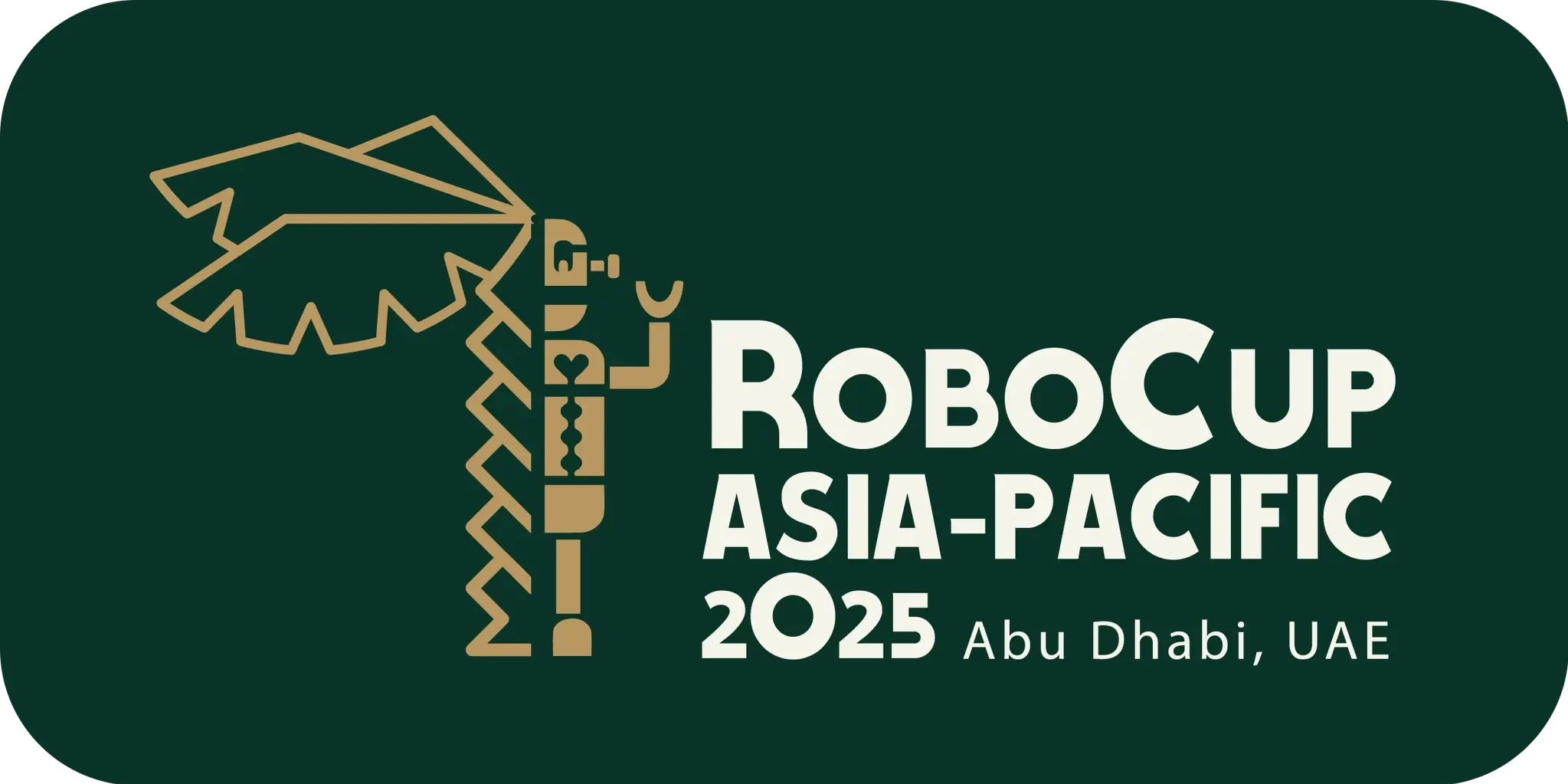About Junior Leagues
The Junior leagues include both RoboCupJunior (RCJ) leagues and RCAP Junior leagues.
1. Age Groups for Junior Teams
- Primary age group:
- All members are between 7 and 13
- Secondary age group:
- At least one member in the team is 14 or above.
- All members are 19 or below.
- U12 age group:
- All members are between 7 and 12
- U19 age group:
- At least one member in the team is 13 or above.
- All members are 19 or below.
- Open league age group
- All members are between 7 and 19.
Age declaration date: 1 July of the competition year
Age calculator: https://www.calculator.net/age-calculator.html
2. Age Requirement for Mentors
- Mentor must be 19 years or older as of the competition start date.
3. Junior Team Requirement
- Technical Roles:
- Every team member must have a defined technical role (mechanical/design, electrical/sensing, software etc.) and should be able to explain their role during technical judging.
- Shared Members and Robots:
- No team member(s) or robot(s) may be shared between teams.
- Junior Mentor Requirement:
- Each Junior team must have at least one Junior Mentor registered and attending with the team.
4. Safety and Power Requirement
- Electrical Power:
- Robots must not use mains electricity.
- Voltage must be easily measured during inspections, and measuring points must be covered for safety or designed with safety considerations in place.
- Battery Safety:
- Lithium batteries must be stored in safety bags, and charging must be supervised by team members in competition areas.
- Teams must follow safety protocols, including battery fire handling and evacuation procedures.
- Robot Safety Design:
- Power Management: Secure batteries, safe wiring, and emergency stop functionality.
- Mechanical Safety: No sharp edges, pinch points, or other hazards. Actuators must be appropriate for the robot’s size and function.
- Hazardous Behavior: Teams must report potentially dangerous robot behaviors at least two weeks before the event.
- Plagiarism Guidelines
- Learning Priority: Teams should prioritize learning and not use complete solutions from others. Always pay attention to licensing rules.
5. Spirit and Behavior
- Behavior
- All participants are expected to behave themselves and be considerate and polite especially but not only towards other participants, volunteers, referees and organizers of all Junior and Major Leagues as well as the host venue.
- Mentoring, Sponsorships and Component Reuse
- Support from other teams, mentors, teachers, parents, sponsors, internet communities etc. is a core part of how teams learn and grow. To ensure fair competition and maximize learning it is required that none of the support they receive does the work of competing for the team. A good indication is the team’s ability to explain not only what their robots’ components do but also how they do it.
- Onsite help
- Teams are only allowed to receive help from other teams during the competition. To this end only student team members are allowed into the student work area except with temporary organizer permission. Anyone else is forbidden from touching the robots or their code, especially for repairs, changes, programming.
- Violations
- Teams that repeatedly conduct themselves in an unacceptable way may be disqualified from the tournament and asked to leave the venue.
